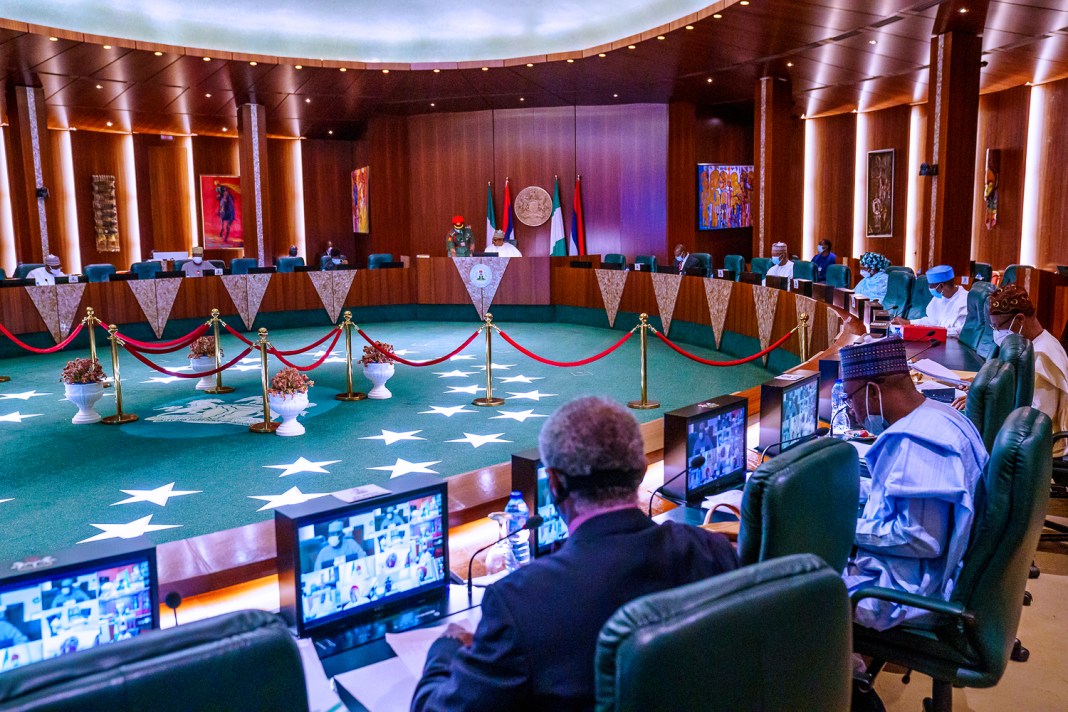News
Federal Executive Council approves ratification of agreement on emission reduction

The Federal executive council has ratified President Muhammadu Buhari’s anticipatory approval on the submission of the country’s primary Nationally Determined Contribution, NDC, on the cutting down of emissions.
It is part of the commitment that Nigeria made in 2016 when the Paris Agreement was reached, which required that every country, after five years, will revise the commitment it made in cutting down emission.
Nigeria’s Minister of Environment, Mohammed Abubakar stated this on Wednesday while briefing State House correspondents on the outcome of the meeting of the Federal Executive Council presided over by Vice President Yemi Osinbajo.
“So, at the time we committed to reducing emission by 20percent, unconditionally, meaning we can do it by ourselves. That’s by 2020.
“The 20% is by the year 2020. At the same time, we are also committed to reducing 45% by 2030. That’s again from the year 2016.”
Abubakar explained that Nigeria has sent an interim report to the United Nations Climate Change Desk.
According to him, doing that will put the country on a good footing as far as climate change action is concerned.
He added that the Ministry of Environment worked with some sectors, including agriculture, power and transportation, which enable it to meet the obligation.
Nigeria surpasses 20percent reduction
Abubakar stated that Nigeria met, and even surpassed, the 20percent reduction in gas emission stipulated in the Paris Agreement in 2020 because of the measures government put in place.
“Based on our calculations, we have met that 20percent last year, in fact, I can even say we have surpassed that.
“Since the ratification of the Paris Agreement on Climate Change in 2016 and even before then, government has put in a number of interventions to deal with the issue of climate change.
“You see, climate change did not just start in 2016. 2016 happened to be just like the culmination of the problem that showed and there’s need for an immediate action on climate change.
“So, the government rolled out a number of things and this was even before I became a minister and we have done so much, I can give you an example.
“That was when we started the issuance of green bond and bond issuance is to generate money, solely for green projects.
“For example, the issue of waste management, provision of solar power—a number of universities, federal universities are currently operating on solar, almost completely off the normal grid—which we’ll call business as usual.
“Even smart agriculture, improvement in planting of trees; these are all measures and so many others.”






